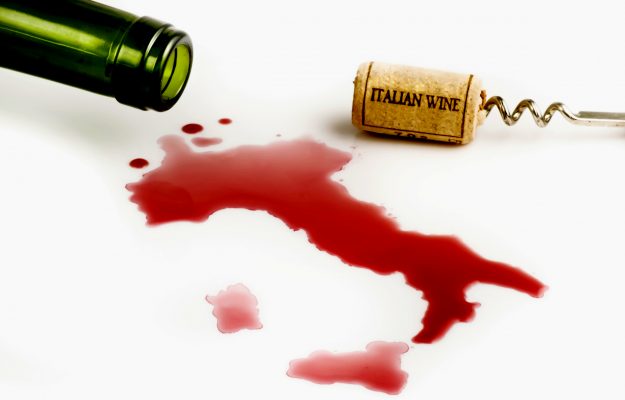“As a leading country, the comparison with France is normal. The problem is that behind the wine sector there is a different organization, the state and the profession. The comparison, then, must be made across the board, because if we consider only one piece of evidence, it can be more or less microscopic and more or less influential”. So, at WineNews, the general manager Federvini Ottavio Cagiano returns to the management of the emergency that, for the wine sector of the Belpaese, is still proceeding slowly and among some difficulties, especially from an organizational, planning and bureaucratic point of view. It is indicative of the complexity that we are facing, for example, “that in the Relaunch Decree there is an amendment that entrusts the subject of the sustainability of the agricultural sectors to the Ministry of Agricultural Policies, when we know that sustainability is also an environmental subject, and indeed today it is even wider, because sustainability is also social and economic. The decree, in this sense, is an important difference between us and France”.
However, there are the resources: “to the EUR 50 million provided for in the national support plans for viticulture, a further EUR 100 million must be added, which we hope will be made available quickly. I understand that there may be reasons for good caution, but let’s start working to make sure that money is usable as soon as possible. That's the first point. The second is the plan: having established that these are the resources - because the efforts being made in Brussels do not give us any hope of getting more money in the near future - we need to take a general route, deciding not only how to deal with the 2020 emergency, but also how to manage the impacts on 2021. Also to give precise indications to the companies, especially on the restructuring of vineyards, on the possibilities, or the difficulties, of the years to come, with the effort to use the resources that we are so committed to defend”.
“This work involves considering - as Federvini has been supporting it for years - the wine sector as a national economic sector. Then - continues Ottavio Cagiano - it is clear that the management comes down to the single hill or the single segment of a hill, which cannot be managed at national level, but the framework must be national, because each hill has a value as part of a leading country and a national economic resource, and as such we must keep it in operation with all its actors, even as a heritage.This is why these dynamics should be tackled with patience, foresight and the willingness of each actor to be part of a collective framework: there may be disagreements, but the objective is to keep the “stable” standing and make it usable, safe and functional for all those who live and work in it”.
A work of consolidation, remaining in comparison, which essentially passes through two measures, green harvesting and crisis distillation, which are however leading to some problems, because “as usual - resumes the general manager of Federvini - the picture is partly present and partly postponed.
Let us start with the yields: it is clear that there is an important willingness to make a change that enables a real reduction in production, but we know that in some territories this can be a problem. So let's define the limits of the intervention, but let's do it quickly, because if we think about yields we postpone them, it is clear that the system could have some difficulties of functioning”.
A more important aspect, if possible, is that of promotion, “a subject on which - explains Cagiano - we are doing great projects at a national level, the Government is also moving on the tourism front: do we want to build a general framework in which to include the promotion of the wine sector and the promotion of individual territories and individual denominations? It is also a way of presenting ourselves abroad.The work of contact with distributors, the synergies with ho.re.ca., which puts us in contact with consumers in Italy and abroad, and which is undergoing an even more complex period than that of the wine sector, are crucial aspects that we have to face. This is the issue of being together, of starting again together but also of planning together”.
In this sense, there will be many new demands. “Going one at a time didn’t pay before and now it's going to pay even less. Even more so, the pandemic that has stuck us at home imposes new ways of keeping in touch. We spend hours on conference platforms, it is clear that digitization has impetuously entered, and even more so, into our daily lives. If we do this for exchanges, opinions, meetings, we have to imagine it even more in our dealings with consumers, and we have to rely even more on help and tools of this kind.
Have we prepared a suitable language for these instruments? Are we ready with platforms for our territory, systems for commercial negotiations, systems for which you pass the promotion? We all hope to return to normality as soon as possible, but in the meantime how do we comfort all those foreign operators who have their business connected to our wine sector? How do we want to reactivate ourselves, together, on tourism and its operators? This is also promotion, we should somehow use this time and this new scenario”.
Copyright © 2000/2026
Contatti: info@winenews.it
Seguici anche su Twitter: @WineNewsIt
Seguici anche su Facebook: @winenewsit
Questo articolo è tratto dall'archivio di WineNews - Tutti i diritti riservati - Copyright © 2000/2026







































































































































































































